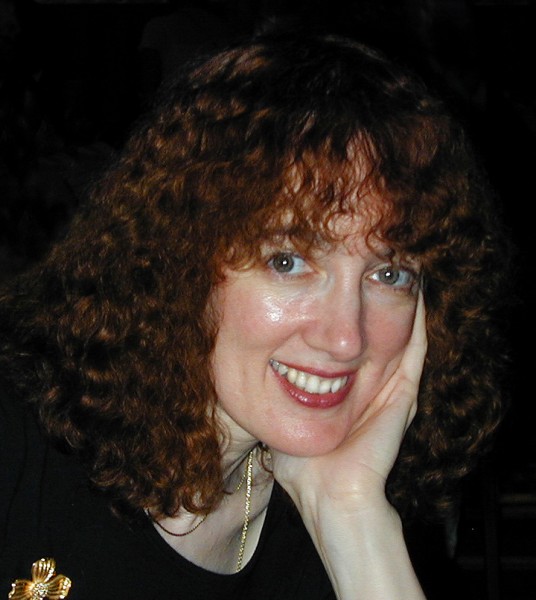
Songs for her father: “Aeternum”
Akron composer Amy Barlowe wrote a 10-part requiem for orchestra, chorus and soloists in honor of her father’s memory. And to think, all I did was go in on flowers with my brothers for our dad.
Still, you don’t just sit down one day and write a major composition. “It has taken me almost 10 years,” Barlowe said over coffee recently. The payoff is coming, though, for the work — “Aeternum” (meaning “to eternity”) — is going to be performed in its entirety on May 17 by the Akron Baroque, a 14-member chamber orchestra that violinist Barlowe founded.
I’ve always been fascinated by the creative process for something like the construction of a complex musical work, such as a requiem mass. Barlowe’s story fits the bill.
Her parents, Sy and Dorothea Barlowe, were nature illustrators. Barlowe recalls her parents at work at home with classical musical always in the background. To them, it was “white noise,” something to fill the stillness as they conjured up undersea worlds or desert landscapes populated with all sorts of weird critters. The models for their work were scattered around the place in jars filled with formaldehyde.
Barlowe’s brother, Wayne Barlowe, turned the experience into making his living as a concept artist, garnering such movie theatrical credits as the initial creature concepts depicted in the film “Avatar” and a few of the wilder places and characters in the “Harry Potter” series of movies.
Amy Barlowe got from all the globs of artistic DNA a love of the Baroque era of music and a generous and intuitive musical ear. Her father was a self-taught clarinet player who “played by ear,” while her mother was an avid singer who accompanied herself on the auto-harp.
A self-taught composer who is taking on choral work, Barlowe worked out the melodies of her requiem by listening to the “colors” of voices and instruments and harmonizing them into a paean to her father.
The main motif — that is, the emotional center of the work — can be found by listening to her “Dies Irae;” the tensions there carry into the other segments and resolve in the final movement, In Paradisum, where the harmonies relax in musical glory.
The gist of her father’s life comes in the “Domine Jesu” and “Hostias” sections. They, Barlowe said, “were originally written for what was going to be a documentary film about the life of [venerable stage, film and TV actor] Derek Jacobi.” “I was even told that he really liked them and was flattered… Whether or not that was true, though … I’ll never know …”
That project may have died, but the Requiem to honor her father will live in “Aeternum.”
Akron Baroque: First Congregational Church of Akron, 292 E. Market St., Thursday May 17, 2012, 7:30 p.m. Admission is free. http:akronbaroque.org.
Recent Content
-
Artsarticle ·
-
Artsarticle ·
-
Artsarticle ·

